Nonfiction Archive
Love, Community, and Honesty in Jane Wong’s Meet Me Tonight in Atlantic City
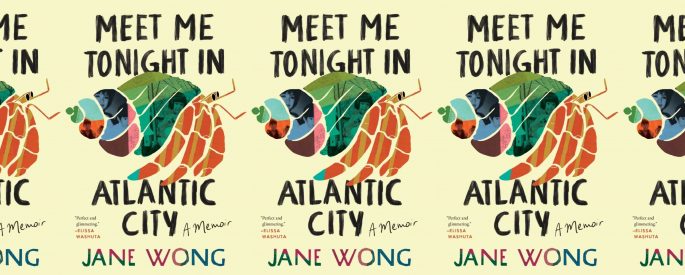
Jane Wong’s memoir reminded me that Asian American literature could be more than stories of poverty or prestige porn. Reading it is not always comfortable—some anecdotes are sad, squeamish, and cringe-inducing, but it is an honest look at a working-class community that is too often forgotten.
Knowing and Not Knowing in Italo Calvino’s The Written World and the Unwritten World
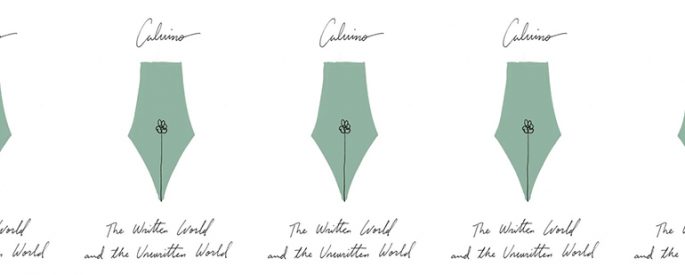
A new collection of Italo Calvino’s nonfiction provides the reader with a deep sense of the range of Calvino’s interests and his open-minded approach to what constitutes art, as well as the pleasure it incites in him.
The Depth of Memory in Nona Fernández’s Voyager
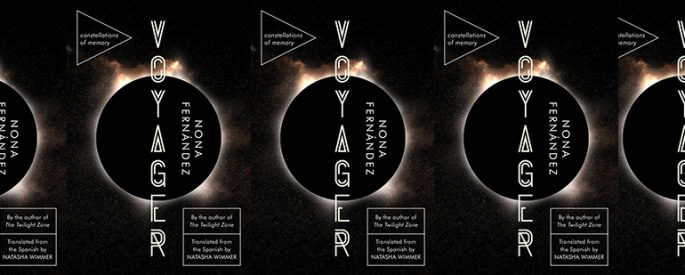
The essays in Fernández’s collection weave from the personal to the profound, from the historical to the mystical, from the scientific to the spiritual. The book has one fundamental message: to hold the past is what makes us human.
Prince and the Remaking of Image in Hilton Als’s My Pinup
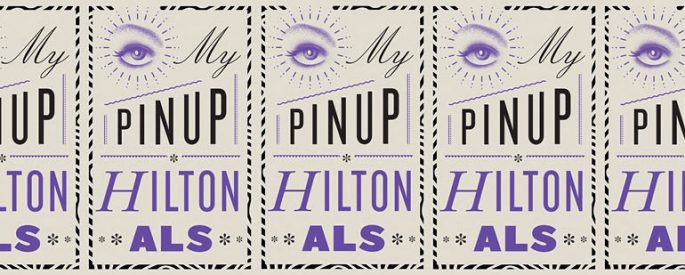
Who could be a better guide to Prince—to his polymorphous sexuality, his gleeful dismantling of the racial compartmentalization of American popular music, his seemingly effortless sprezzatura as a performer—than Hilton Als?
Navigating Identity Across Continents in Vanessa A. Bee’s Home Bound
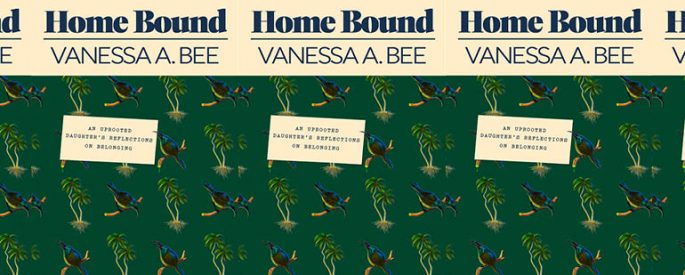
Vanessa A. Bee’s new memoir is story of an ambitious and bright young woman doing her best to navigate a complicated transcontinental existence.
A Feeling of Belonging in Bernardine Evaristo’s Manifesto
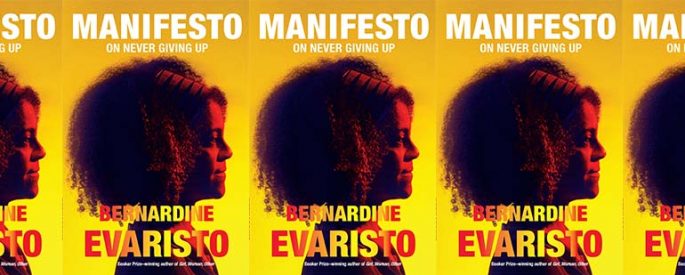
Evaristo’s memoir shows how one writer found her place in the world through storytelling, giving artists a roadmap to a deeper understanding of their own lives through the act of creating.
Finding Home in Thirii Myo Kyaw Myint’s Names for Light
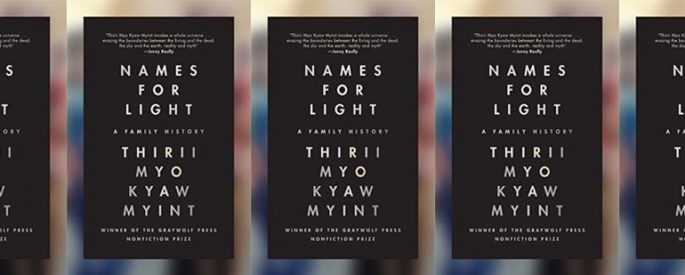
Thirii Myo Kyaw Myint’s new memoir is a poetic love letter to the people who make us who we are, and a reminder of the difficulty some face to find one’s way home.
Matthew Specktor’s Tender Ode to Failure in Always Crashing in the Same Car
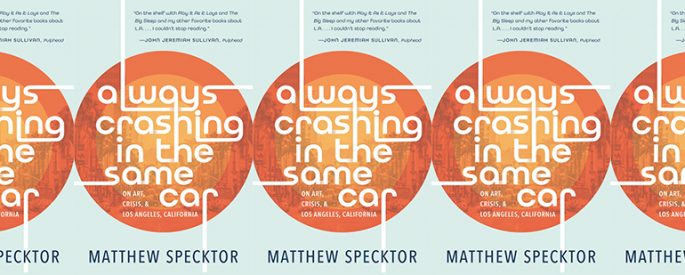
Matthew Specktor’s memoir is an intimate investigation of one man’s imperfect life.
Visualizing Loneliness in Kristen Radtke’s Seek You
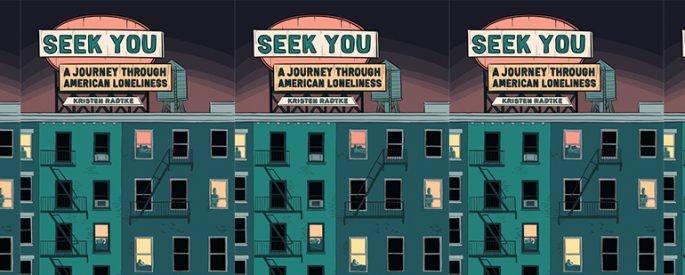
Using the strengths of the graphic medium, Kristen Radtke conveys how loneliness feels by portraying what it looks like.
Collecting Art and Grief in Letters to Camondo

De Waal pays homage to delicate, restrained elegance of good style, a kind of style that requires keen perception, artisanal knowledge, and sensitivity.